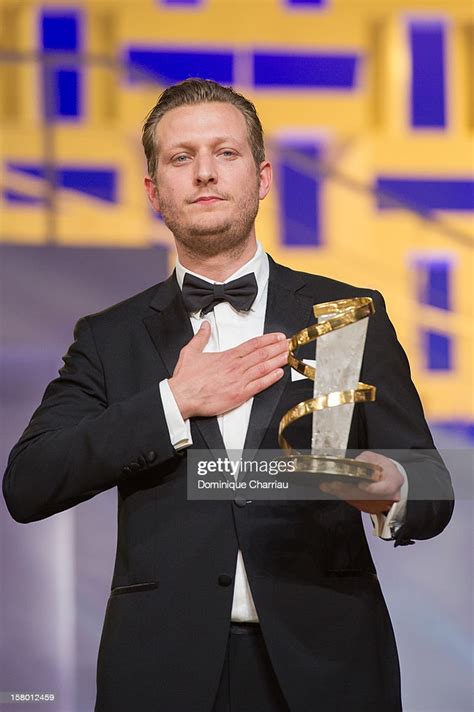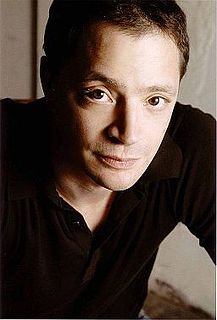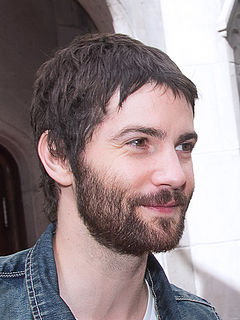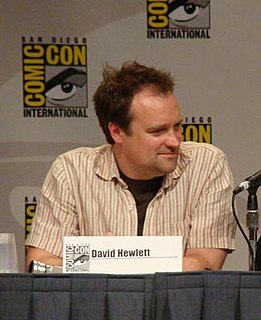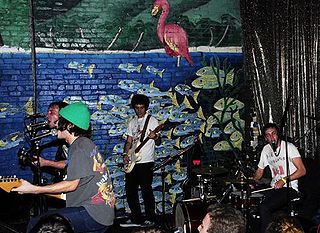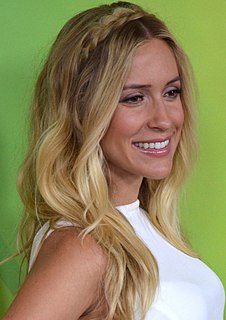A Quote by Dean Devlin
'Stargate' has always had this empty hole. When we made the first one, we always intended on doing part two and three, and we were prevented for years. And our hope is that we can get another chance at 'Stargate' and tell the entire story we wanted to tell.
Related Quotes
I always wanted to be an actor. I was one of those lucky kids - or cursed kids - who always knew what he wanted to do. My wife too. She's a ballet dancer, and she's known what she wanted to do since she was 5. My mother used to tell this story about how our TV set had been taken to be repaired, and back then, they took the set out of the console. So there was this empty console with an empty TV screen in it, and I would climb inside and be like, "I'm on TV!"
We've always done things the way we wanted to. It's true that our experience affects some of our decision making, but that's a part of growing up and evolving as a band and as people. The first five or six years were really rough. We had no money. We were lost and crazy and made mistakes, but we learned a lot and suffered through tough times, and I think what we did reflected where we were and who we are.
Independent films are very hard to get made, but I'm lucky enough to get them made, so I'm going to keep doing it. I like my independence. I like being able to tell a story the way I want to tell a story. I don't like developing it with a team. I like coming to a story and deciding whether I want to do it or not.
Twenty or thirty years ago, in the army, we had a lot of obscure adventures, and years later we tell them at parties, and suddenly we realize that those two very difficult years of our lives have become lumped together into a few episodes that have lodged in our memory in a standardized form, and are always told in a standardized way, in the same words. But in fact that lump of memories has nothing whatsoever to do with our experience of those two years in the army and what it has made of us.

